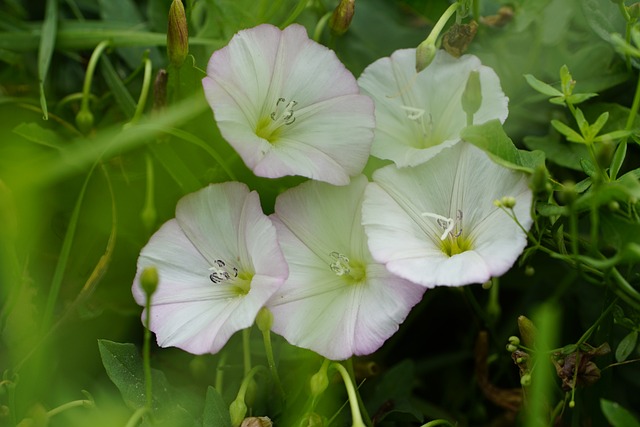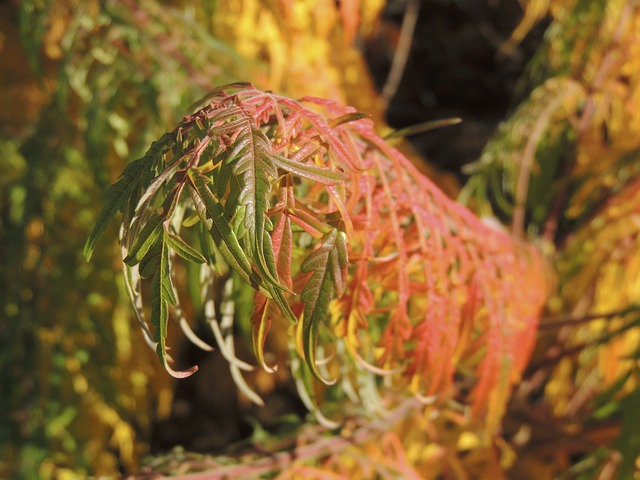urso puxa que bicho 🤞 Urso Puxa Que Bicho: A Journey into the Heart of Brazil’s Wild Legacy
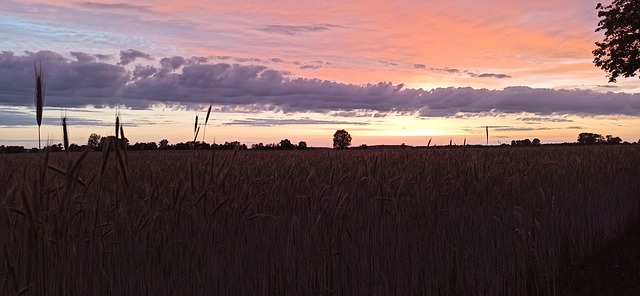
Urso Puxa Que Bicho: A Journey into the Heart of Brazil’s Wild Legacy
In the vast expanse of the Brazilian wilderness, where the verdant canopy meets the azure sky, an enchanting creature stirs the imagination and beckons the soul. The phrase "urso puxa que bicho," a colloquial expression that translates to "bear, what a creature," encapsulates the awe and reverence that this majestic animal commands. While bears are not native to Brazil, the essence of this expression resonates with the spirit of the country’s rich biodiversity and the myriad of species that inhabit its lush landscapes. This article embarks on a lyrical exploration of Brazil’s wild legacy, inviting readers to delve into the intricate tapestry of life that thrives within its borders.
Brazil, with its unparalleled natural beauty, is home to an astonishing array of wildlife. From the dense Amazon rainforest to the expansive Pantanal, the country boasts the highest levels of biodiversity on the planet. The phrase "urso puxa que bicho" embodies the admiration for the unique fauna that characterizes this rich ecosystem. Each creature, from the playful capybara to the elusive jaguar, contributes to a complex web of life that sustains both the environment and the indigenous cultures that have coexisted with these animals for centuries.
As we journey deeper into the heart of Brazil, we encounter the iconic Amazon River, a serpentine artery that nourishes the land and its inhabitants. Here, the air is thick with humidity, and the sounds of the jungle create a symphony of life. Among the lush greenery, one may stumble upon the vibrant macaws, their plumage a kaleidoscope of colors, or the graceful sloth, hanging languidly from a tree branch. These creatures, though seemingly ordinary, play vital roles in their ecosystems, exemplifying the intricate connections that exist within nature.
Yet, the wonder of Brazil’s wildlife extends beyond its physical beauty; it is interwoven with the cultural narratives that define the nation. Indigenous communities, custodians of the land, have long revered the animals that roam their territories, weaving their stories into the fabric of their traditions. The jaguar, revered as a symbol of strength and power, holds a significant place in the mythology of various tribes, serving as a reminder of the delicate balance between humanity and nature. In this context, "urso puxa que bicho" becomes not merely an expression of admiration but a call to recognize the sacredness of all living beings.
However, the enchanting world that inspires such reverence is under threat. The relentless march of deforestation, driven by agriculture and urban expansion, poses a grave risk to the delicate ecosystems that flourish within Brazil. As vast swathes of forest give way to monoculture plantations, the intricate relationships between species are disrupted, leading to alarming declines in wildlife populations. The urgency of conservation efforts has never been more pronounced, as the very essence of Brazil’s biodiversity hangs in the balance.urso puxa que bicho
In response to this crisis, a wave of initiatives has emerged, aiming to safeguard the treasures of the natural world. Conservation organizations, alongside indigenous communities, are championing sustainable practices that honor the delicate equilibrium of the environment. Ecotourism, when approached responsibly, offers a pathway for economic growth while fostering a deeper appreciation for the wonders of nature. The message is clear: to protect the wild legacy of Brazil is to invest in the future of its people and the planet.urso puxa que bicho
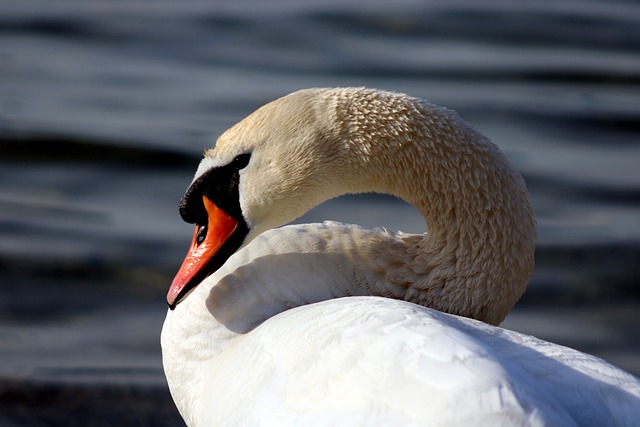
As we reflect on the significance of "urso puxa que bicho," we are reminded that our relationship with nature is one of mutual respect and interdependence. The creatures that inhabit the Brazilian wilderness are not mere subjects of admiration; they are vital players in the grand narrative of life. The call to action is not solely for conservationists or policymakers; it is a collective responsibility that beckons each of us to become stewards of the earth.
In conclusion, the phrase "urso puxa que bicho" resonates far beyond its literal meaning. It captures the essence of Brazil’s wild legacy—a legacy that is both breathtaking and fragile. As we navigate the complexities of a rapidly changing world, let us hold fast to the reverence for nature that this expression embodies. In doing so, we honor the splendor of the environment and the rich cultural heritage that connects us all. Let the spirit of the bear, though not native to these lands, guide us in our quest to protect the diverse tapestry of life that is, undeniably, worth preserving.urso puxa que bicho
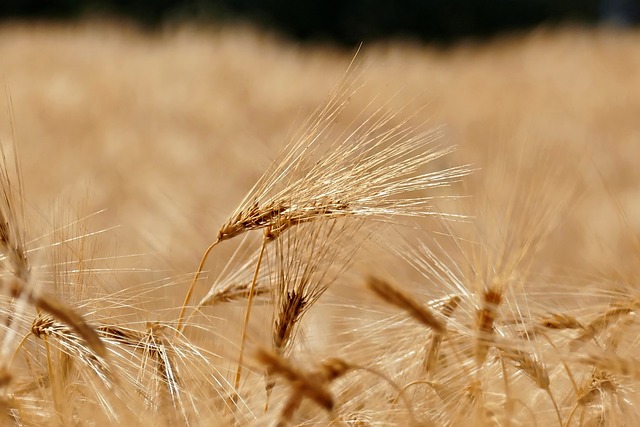
Fale conosco. Envie dúvidas, críticas ou sugestões para a nossa equipe através dos contatos abaixo:
Telefone: 0086-10-8805-0795
Email: portuguese@9099.com

